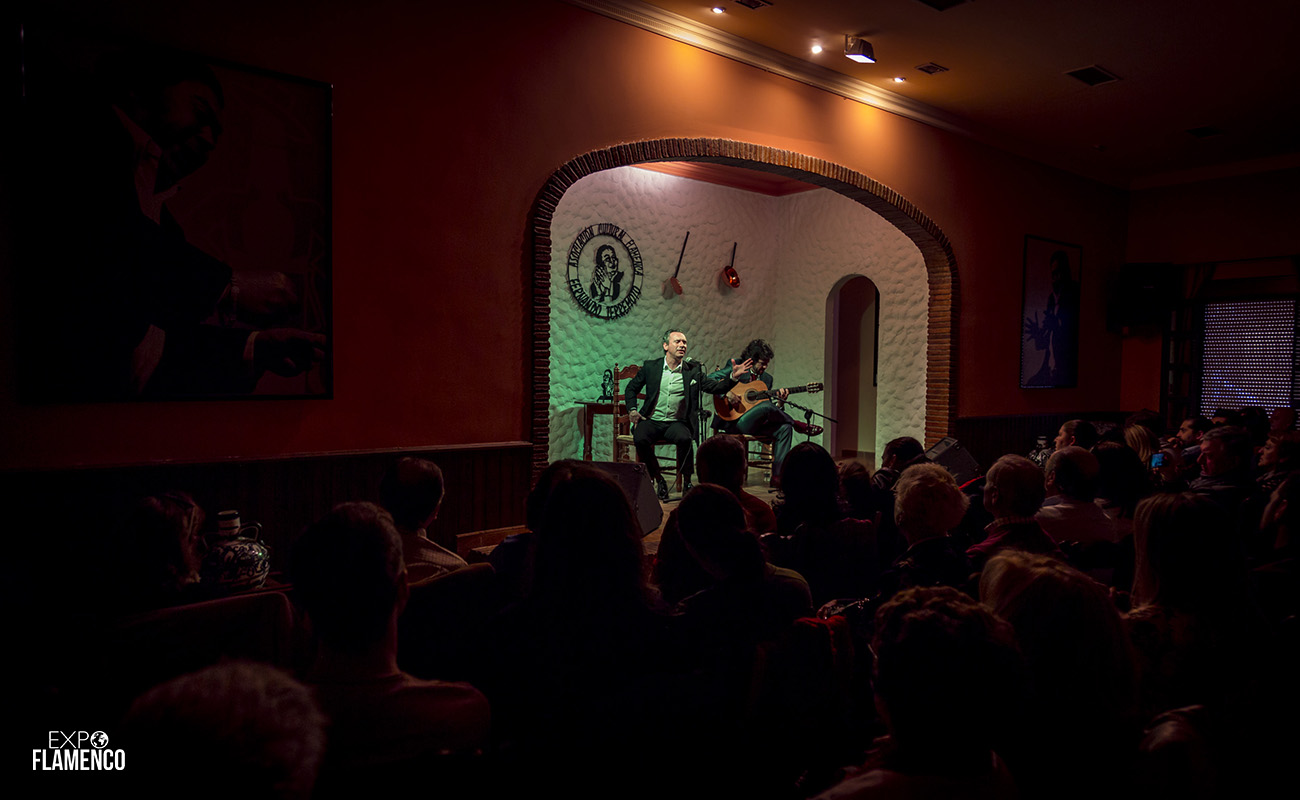The anti-flamenco ghost
We should stop this nonsense of a conspiracy to destroy flamenco, because there is no such thing. What is true is that a complex of inferiority lingers and sometimes people are surprised to hear that a good flamenco festival took place in Pamplona or Nîmes

It wasn’t easy for the art of flamenco to become accepted and appreciated by Spanish society, even among Andalusians themselves. Indeed, even today there are Andalusians who dislike flamenco, considering it’s a thing that belongs to the world of clichés. A lot of people associate flamenco with Franco’s dictatorship, while others think it’s something that only belongs to gypsies or to the lower classes. There is still fear that flamenco will be supressed and eliminated. These days there was a controversy arising from a municipal by-law in Málaga which prohibited premises to offer live music. Immediately a rumor spread, to the effect that Málaga had banned flamenco tablaos, while in fact the by-law not only affected tablaos, but all premises featuring any live music.
This reminds me of a documentary decrying the expulsion of the gypsies of Triana in the 1950s, manipulating history, because that wasn’t a matter of expelling just gypsies, but of expelling all poor people in general. Actually, more non-gypsies than gypsies were driven out. Yet, there’s always some smartass trying to manipulate history, usually trying to benefit personally or seeking to politicize the issues, something that’s quite popular these days. In Spain everything is politicized, and flamenco is no exception. It has always been a free-spirited, independent art, from its very beginning, hard to define and difficult to be controlled by the authorities. Flamencos have been great conquerors from the start, too.
Let’s enjoy flamenco and let’s stop seeing ghosts where there aren’t any. No one will destroy flamenco. Not even flamencos themselves, who sometimes seem to be the worst enemies of this art.
Thanks to the efforts of mythical artists such as Silverio Franconetti and of courageous and intelligent entrepreneurs such as Manuel Ojeda El Burrero, great flamenco professionals appeared in Seville and in other provinces of Andalusia. Before them, this task had been undertaken by boleros such as Manuel and Miguel de la Barrera, the former from Seville and the latter from Málaga, and thanks to their efforts there were Sevillian boleras who revolutionized baile, forgotten artists such as Petra Cámara, La Nena and Josefa Vargas (from Cádiz). Other cantaores such as the aforementioned Silverio, Lorente, Ramón Sartorio, José Perea, Juraco and Enrique Prado started working professionally at the academies. All of these artists, entrepreneurs and masters of baile had indeed to endure all the antiflamenquismo prevailing at the time among the authorities, the media and society at large. Today’s flamencos shouldn’t complain, although there are always reasons for not feeling fully satisfied, of course. Every day, more international flamenco festivals are created and our artists receive awards, in Spain an beyond, that in the old days would have been regarded as unachievable utopic dreams. So we should stop this nonsense of a conspiracy to destroy flamenco, because there is no such thing. What is true is that a complex of inferiority lingers and sometimes people are surprised to hear that a good flamenco festival took place in Pamplona or in the French city of Nîmes. That doesn’t surprise me, though, and I think that’s rather natural, considering that flamenco is the great Spanish musical genre. Not just now, but for over a century. So, let’s enjoy flamenco and let’s stop seeing ghosts where there aren’t any. No one will destroy flamenco. Not even flamencos themselves, who sometimes seem to be the worst enemies of this art.




